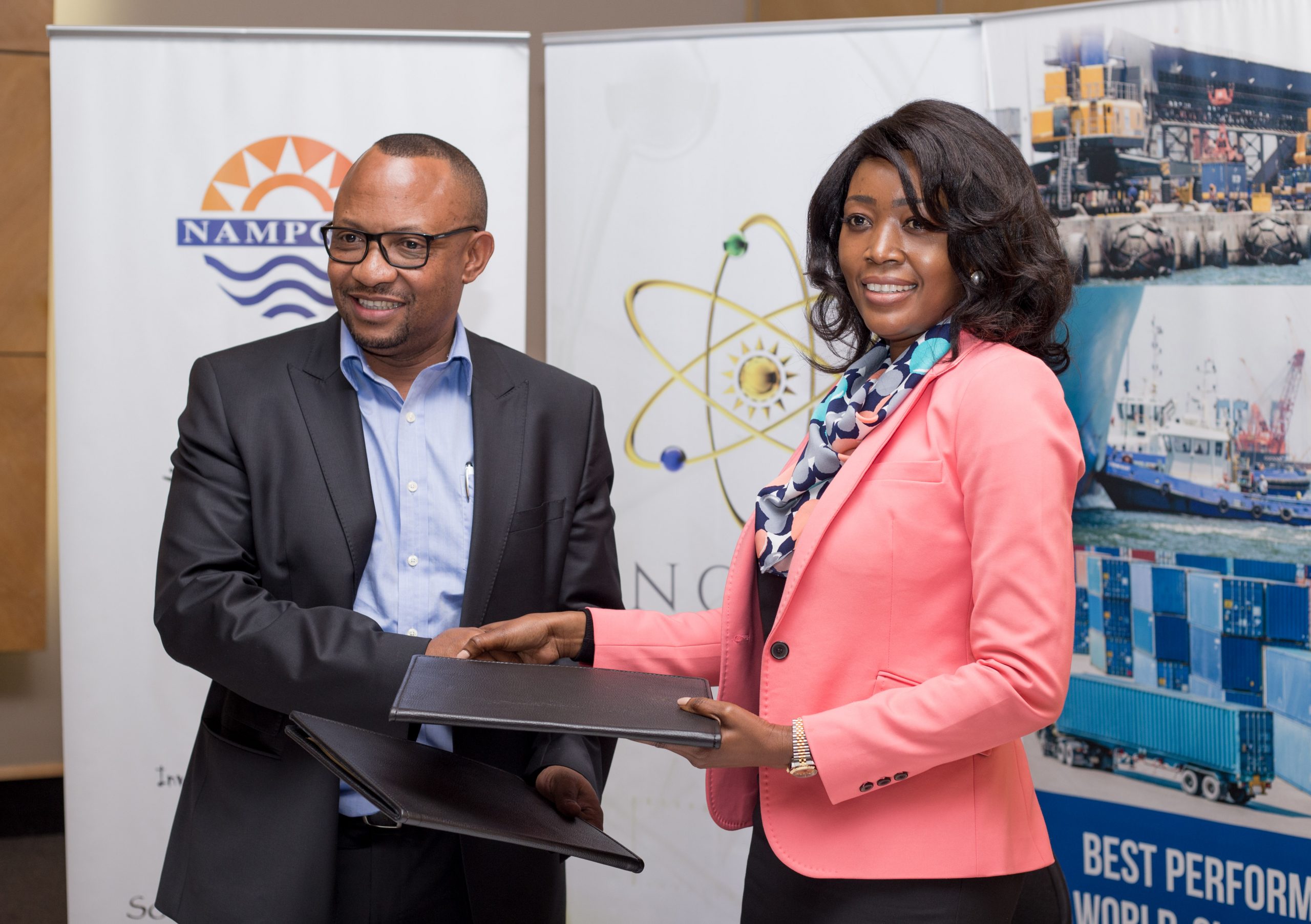Enhancing Africa’s Development Through Innovation and Collaboration
The National Commission on Research, Science and Technology (NCRST) recently took part in a high-level Executive Development Course at Lund University in Sweden. This program focused on strengthening Africa’s capacity for transformative, resilient, and sustainable development through innovation. The initiative is part of broader efforts to improve science, technology, and innovation (STI) across the continent.
Ms. Lovisa Immanuel, General Manager for Innovation and Technology Development at NCRST, represented the organization during the course. This training is a key component of the African Science, Technology and Innovation Indicators (ASTII) Initiative, which is led by the African Union Development Agency–New Partnership for Africa’s Development (AUDA-NEPAD). It is also supported by the Swedish International Development Cooperation Agency (SIDA).
The long-term goal of this initiative is to build strong institutions and encourage pan-African collaboration by improving STI policies and promoting evidence-based decision-making. By focusing on these areas, the program aims to create a more cohesive and effective approach to development across the continent.
Exploring the Drivers of Economic Success
A central theme of the course was understanding why some developing economies thrive while others struggle. The program brought together 25 senior professionals from 19 African countries to examine how innovation can drive sustainable growth. Participants engaged in discussions that covered a wide range of topics, including:
- The drivers and diffusion of innovation
- National innovation systems
- Technology transfer and industrial policy
- Economic complexity and its impact on development
In addition, the curriculum explored the relationship between markets and the state, governance structures, trade, agricultural development, and local resource mobilization. Other key areas included institutional reform and strategies for green growth.
Building Resilience Through Innovation
One of the main objectives of the program was to emphasize the role of innovation in building resilience and driving social transformation. The course aimed to improve STI policymaking at national, regional, and continental levels. It also provided participants with the tools needed to collect, analyze, and apply STI indicators effectively.
This knowledge is essential for strengthening the innovation ecosystems in each country. By better understanding and utilizing these indicators, policymakers can make informed decisions that support long-term development and sustainability.
Strengthening Pan-African Collaboration
Through this initiative, there is a growing emphasis on fostering collaboration among African nations. By sharing best practices and aligning STI policies, countries can work together to address common challenges and leverage their collective strengths. This kind of cooperation is vital for creating a more unified and effective approach to development.
The program also highlighted the importance of evidence-based decision-making. By relying on data and research, governments can design more targeted and impactful policies that promote innovation and economic growth.
Conclusion
The Executive Development Course at Lund University represents an important step forward in Africa’s journey toward sustainable and inclusive development. By investing in innovation, strengthening institutions, and promoting collaboration, African nations can unlock new opportunities for growth and resilience. As the continent continues to evolve, the role of science, technology, and innovation will be more critical than ever in shaping its future.







